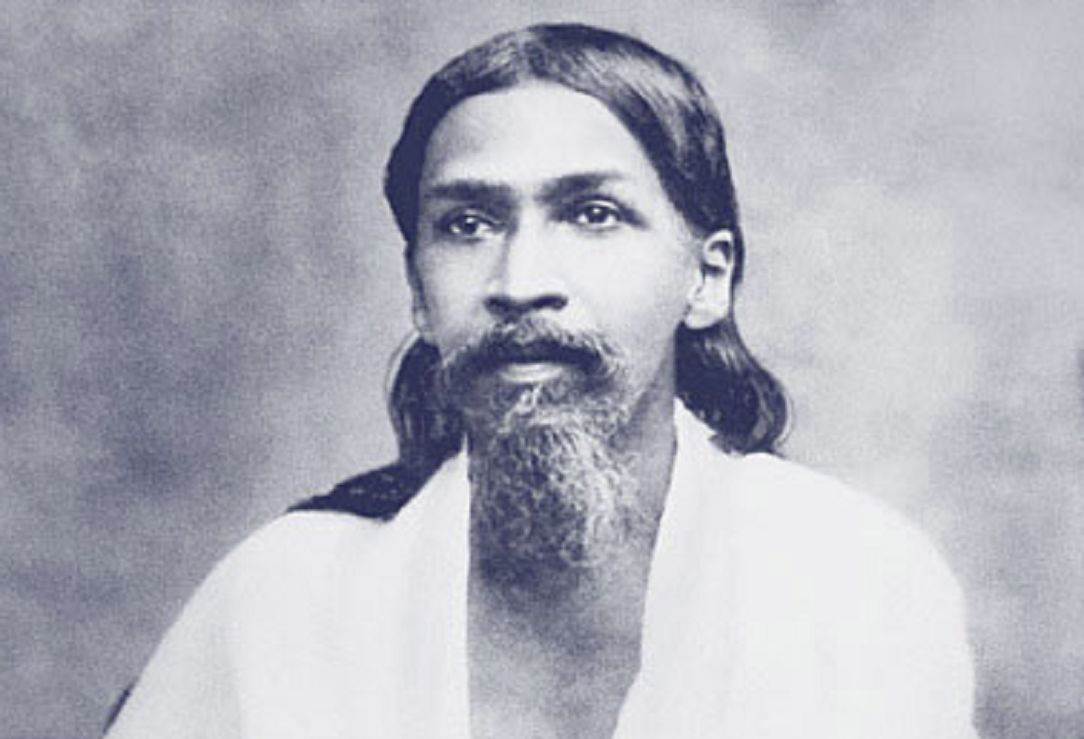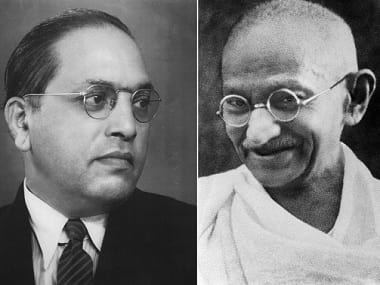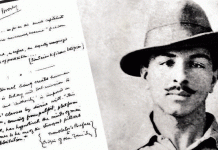Sri Aurobindo—a sage/philosopher—reflected on the evolution of human civilization and the possibility of psychic elevation of the human species. Even though the age of Reason was a forward movement, and took us beyond the darkness of the ‘infra-rational’ stage, never did he forget to remind us that this modern rationality too had its discontents and implicit violence ( be it the pathology of Social Darwinism of competitive capitalism or the denial of human uniqueness in the name of totalitarian socialism), and, as his illuminating texts like Human Cycle and Life Divine suggested, we ought to move higher towards a spiritual stage of divine life.
No wonder, time and again he came back to the domain of education, and gave us refreshingly new insights. True, at one level in modern times there was a tremendous growth in the power of the intellect or the mental faculty; there was also the assertion of a great deal of physical/vital energy. But that was not enough. For Aurobindo, we ought to integrate all the major faculties of being—physical, vital, mental and spiritual. Only then is it possible to evolve as an integrated being guided by the light of the divine. Although, as The Foundations of Indian Culture would suggest, he critiqued the cultural politics of colonialism, and celebrated some sort of ‘nationalist’ education, his ideas were endowed with a transcendental meaning. Not solely that.
Like a gifted pedagogue, Sri Aurobindo put forward three concrete educational principles;
(a) nothing can be taught because everything lies deep inside, and the teacher’s task is to act like a catalyst, or create a milieu of free progress learning that allows the child to manifest her innate potential;
(b) every child is unique, and it is important to see that a ruthless scale of homogenization is not allowed to demolish one’s own swadharma; and
(c) it is always desirable to begin from near; only then can the child make sense of what is distant; this constant mediation between ‘near’ and ‘far’, or concrete and abstract makes the process of learning intimate and experiential.














